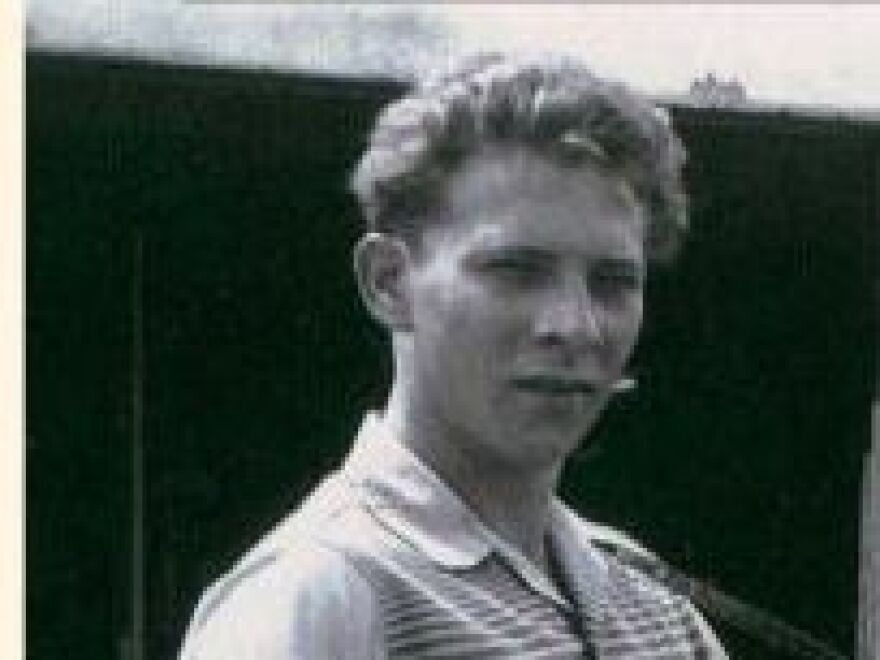Wallace Daniel Pennington grew up singing. His father played guitar and his mother played piano, and by the age of 9, the young man had a guitar of his own. The family attended church on Sunday and Wednesday each week, and to this day, Dan Penn says he remembers the entire Methodist congregation belting out hymns.

As his family's only boy, Penn got his own room, and in it was a little green radio he used to smuggle beneath the sheets at night so he could listen to WLAC from Chicago. He particularly favored black gospel music, in which he recognized some of the same feelings his white church music evoked. He started playing in bands, and at one point took over the caller's position in a square-dance combo. One of its musicians was Billy Sherrill, who invited Penn to Florence, Ala., to make a record. Not much came of that, but one day in 1960, one of his songs — "Is a Bluebird Blue" — found its way to Nashville, where Conway Twitty recorded it and turned it into a hit.
The next five years saw Penn writing songs at Fame and playing in a band, Dan Penn and the Pallbearers, at fraternity and bar gigs all over the South. The piano player was an old friend, Donnie Fritts, and they started writing together.
The song "Rainbow Road" convinced Penn he was on the right track, although the artist they wrote it for, Arthur Alexander, didn't cut it for many years and it remained unissued. Then, in 1965, the entire Fame studio band — who were also the Pallbearers — left en masse for Nashville. Penn says he remembers getting the news and sitting in his car in front of the studio feeling awful. He kept staring at the door.
"And then it occurred to me," he told researcher Alec Palao, "that's not only a door, that's the door." Performing was just one way to do what he wanted, and it was contributing to his drinking problem and keeping him poor. He walked in the door, determined to make records, learn to produce and keep writing songs.
The band's departure meant that new musicians arrived almost immediately, including a skinny keyboard player named Spooner Oldham. He and Penn sat down to see if they could write together. As it turned out, they could.
Fame soon became known not only as a place that had a great studio band and a great engineer, but also a place where some of the best songwriters were working. A lot of people took advantage of it. In fact, there was so much good stuff on those Dan Penn demos that a lot of it never got covered.
Penn didn't much like making records himself, and Rick Hall, Fame's owner and engineer, wasn't letting him produce them. In the summer of 1966, another Fame alumnus, Chips Moman, lured Penn to his studio in Memphis, and the first part of Penn's story was over. He would continue to write great songs, of course — and, now that he's older and more comfortable with performing, he plays the occasional gig. But it was at Fame that the Dan Penn legend was cemented.
Copyright 2021 Fresh Air. To see more, visit Fresh Air. 9(MDEwMTk5OTQ0MDEzNDkxMDYyMDQ2MjdiMw004))


